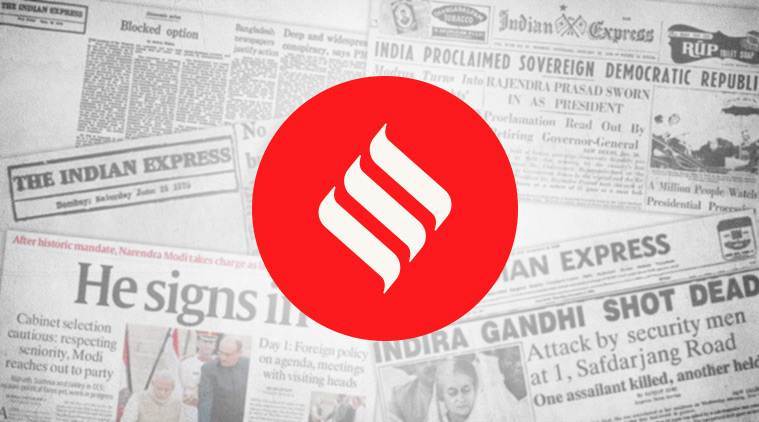
The Jammu & Kashmir Reservation (Amendment) Bill, passed by the Lok Sabha last week, and introduced in Rajya Sabha on Monday, is an ill-advised stirring of the pot on Article 370. The Bill amends the Jammu and Kashmir Reservation Act, 2004 and replaces the March 1, 2019 ordinance providing for reservation in appointment and promotions in state government posts, and admission to professional institutions for certain categories. The Bill will extend to J&K, as did the Ordinance, the 77th amendment (reservation in promotion for the Scheduled Castes and Scheduled Tribes) and the 103rd amendment (reservation for economically-weaker sections of society). The big change from the 2004 Act is that it includes in the eligible categories persons in the state living close to the international border, which in J&K extends from Kanachak to Kathua in the Jammu region, while the original Act applied only to people living close to the LoC, which begins in Rajouri and runs north through Kashmir. No centrally legislated Act can be extended to J&K until the state government gives its assent to such legislation. However, in the absence of a state government, this is being done on the basis of the governor’s assent. Although there is enough by way of precedent on this, such actions further erode the autonomy guaranteed by Article 370, and could be seen as a reason for the troubles in the state.
Of course, Union Home Minister Amit Shah has made no secret of the fact that Article 370, which he describes as a “temporary” provision, needs to be done away with. This is what he told the Lok Sabha during the debate to extend President’s rule in the state. This is also a promise the BJP has made in its election manifesto. There seems to be an impression among influential sections of the ruling regime that doing away with Article 370 (and 35 A), will resolve the Kashmir problem “once and for all”. There could be no more mistaken notion. In all the ideological eagerness to see demographic engineering as the solution to Kashmir, it should not be forgotten that Article 370 is the constitutional provision that mediates the conditional accession of J&K to India in 1947. Doing away with it would be akin to breaking a bridge between Kashmir and the rest of India.
Shah, who visited the Valley last week, would have been briefed about the uneasy calm in the state. Since the Pulwama outrage and the Indian action inside Pakistan, there have been fewer attacks by militants in Kashmir, and virtually no cross-border infiltration, but home-grown radicalism and alienation remain high. Even the security agencies, which have implemented the Centre’s policy of using force to keep a grip on Kashmir for four straight years, know that this cannot be the only instrument. Moderates in the Hurriyat have said they are ready for a dialogue. Rejecting that, and pursuing a divisive and polarising agenda in J&K may yield the BJP some political dividend, but it does not serve the national interest.